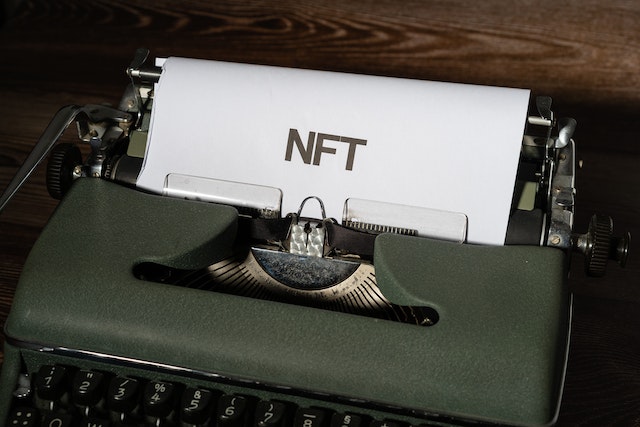
Non-Fungible Tokens (NFTs) have taken the crypto space by storm and increased utility, mainstream adoption, and appeal.
Now more celebrities, athletes, and platforms than ever before are leveraging the power of NFTs to truly provide fans and collectors access to some of the most unique, and exciting NFTs that are filled with utility and value.
However, not everyone is a veteran within the crypto space, and some are just entering the industry and space for the very first time.
If you are one of those people that has not used a DeFi wallet before and just want to quickly and efficiently learn how to get the most out of them, today, we are going to go over everything you need to know with getting started with NFT wallets.
What is an NFT Wallet, and How Does it Work?
A DeFi wallet purpose-built for storing NFTs can be in some ways similar in functionality to just about any other cryptocurrency wallet; however, despite its underlying functionality, it aims to provide an additional level of utility.
Wallets provide users with a public address and a private key through which they can send or receive cryptocurrencies and where they need the key to validate every transaction they make.
However, most DeFi wallets have an additional level of functionality because some feature cross-chain functionality, so they can connect to multiple blockchains, providing users access with a lot of additional utility.
How To Get Started With an NFT Wallet?
To start with an NFT wallet, you must first understand the different wallets.
There are two main categories of DeFi wallets, including online wallets, which are ones connected to the internet, known as hot wallets, and ones that can be disconnected from the internet, known as cold wallets.
To get started with DeFi wallets that support Non-Fungible Tokens (NFTs), you must first decide what kind of wallet you will use. For beginners, getting a hot wallet is recommended for many reasons, such as being free, which means that you do not have to pay for a physical device and because they offer a high level of convenience.
Next, you will need to find a wallet that you would like to use based on its feature set, reputation, and overall appeal it has for you.
A DeFi wallet that features multi-chain support, a wide range of cryptocurrencies, custom gallery features, and other appealing functionality while offering a high level of security should always be your primary choice.
Once you select the wallet, you will typically be able to gain it in three forms:
- The most common way you can get a cryptocurrency wallet is by installing it as a browser extension on your wallet directly, such as Google Chrome or Firefox, which are some of the most-used browsers and feature browser extensions from hundreds of wallets.
- You can download a mobile application if the wallet supports iOS or Android as an operating system and use it that way.
- You can download a desktop application on your Windows, Linux, or macOS-based device.
Because you will use the DeFi wallet on multiple primary or secondary NFT marketplaces, a browser extension will typically provide you with the highest level of convenience, as you can quickly and swiftly sign transactions or copy wallet addresses.
The Advantages of Using NFT Wallets
- Muli-Chain Support – Non-Fungible Tokens (NFTs) get minted across many blockchain networks, all of which feature their own token standard. In traditional crypto wallets, users would be required to create a separate wallet for every blockchain they want to buy an NFT from. In DeFi wallets, they have access to cross-chain functionality.
- Ability to Swap Thousands of Assets – NFT wallets support the process of trading cryptocurrencies directly on them, so if a seller of an NFT on a secondary NFT marketplace specifically requests for a coin or a token that the buyer does not have at the moment, they can easily make the switch.
- Customizable Galleries – Users of NFT wallets can also configure and customize a custom gallery through which they can view their NFTs, which adds a high level of convenience and a means through which they can easily track their collections.
Moving Forward with NFT Wallets
Now you know everything you need to know about using NFT wallets. We also discussed some of the main advantages surrounding DeFi wallets that support Non-Fungible Tokens (NFTs), the different wallets, and the ways you can access them. Now it’s up to you to make the right decision and pick an NFT wallet that suits your specific needs best.


